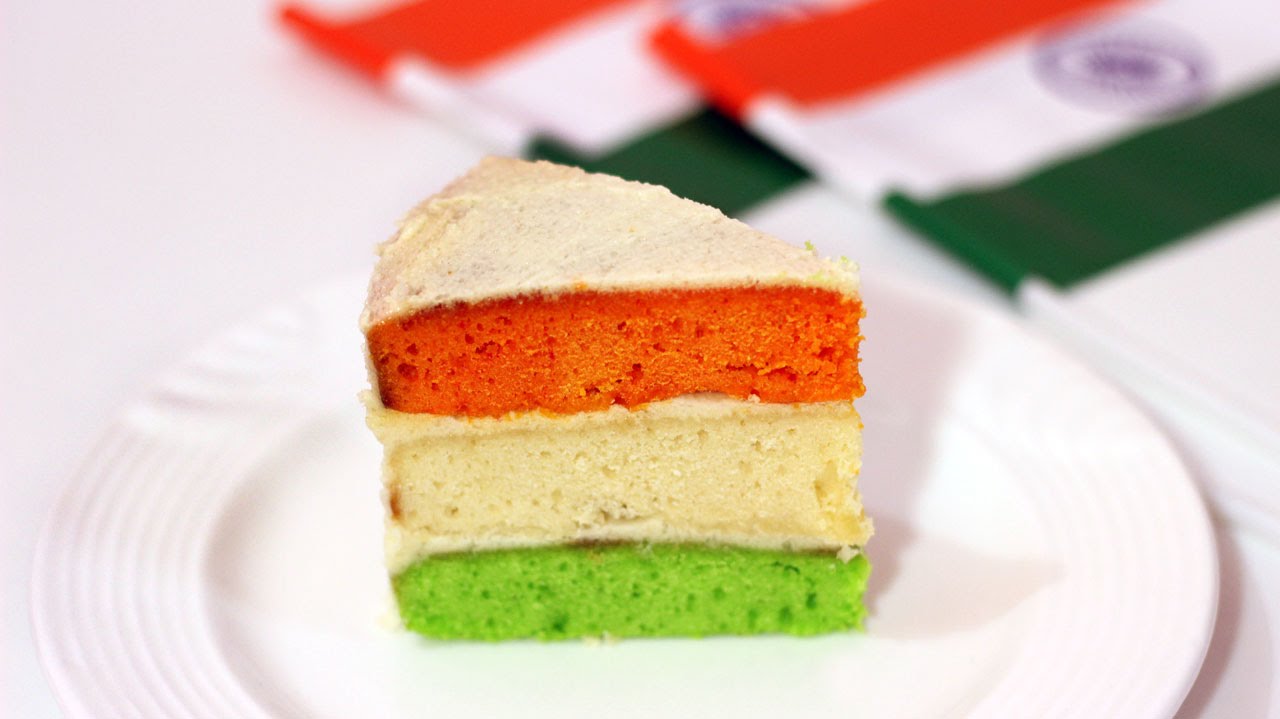Madras High Court rejects criminal proceedings by ruling out that cutting a cake depicting the national flag with an Ashok Chakra design at the centre is not ‘unpatriotic’ or an ‘insult’ to the national flag.
Is cutting cake a crime? Or wait, allow me to rephrase the question to make it clearer: Is cutting an Indian flag-themed cake a crime? Well, you and I probably might have no answer, but Madras High Court has a straight and logical answer for this. Earlier this week, a single-member bench of Justice N Anand Venkatesh ruled that cutting a cake depicting the national flag with an Ashok Chakra design at the centre is not ‘unpatriotic’ or an ‘insult’ to the national flag under the Flag code.
There is no doubt that nationalism in a democracy like India is very vital. But hyper and surfeit adherence to it goes against the prosperity of our nation from all its past glory. A patriot is not one who only raises the Flag, symbolises his national pride, and wears it on his sleeve, but also, a person who bats for good governance. The symbolisation of national pride is not synonymous with patriotism, just like how cutting a cake is not unpatriotic.
The above statement was given by Justice N Anand Venkatesh when he quashed the criminal proceedings moved by a magistrate in connection to the case that dates back to 2013, when during a Christmas celebration, a large cake that had the icing of a tricolour with Indian map outline and Ashok Chakra in the centre, was cut and eaten by around 2,500 guests.
The curious case of hyper-nationalism:
It was in 2013 when D Senthilkumar of the Hindu Public Party in Coimbatore filed a complaint against a cake cutting ceremony under Section 2 of the Prevention of Insults to National Honour Act, 1971 believing that the act of cutting the cake which was based on the theme of Indian flag was an offence.
The proceeding then was proceeded by a magistrate who initiated criminal proceedings in the matter. But later, the Tamil Nadu Government challenged the order in High Court and claimed that no offence was made during the party and criminal proceedings should be quashed.
To this, the High Court of the state ruled out that the procedure followed by the magistrate in the matter was not legal because cutting an Indian flag-themed cake is not a crime. Also, the act of cutting a cake that has the icing of Indian tricolour should not be taken as an offense as by no means it proves that such act intends to publicly insult or disrespect the national flag.
It’s interesting to note here that the complainant himself was not even present during the party that took place on December 25, 2013. His complaint was based on a newspaper article that had reported the incident.
Prevention of Insults to National Honour Act, 1971:
Prevention of Insults to National Honour Act, 1971 basically penalises the desecration of or any insult to the national symbols like National Flag, National Anthem, Indian Map as well as the contempt of the Constitution of India. The act aims to restrict and prevent acts of insult or attack on national symbols.
Section 2 of the act says that whoever in any public place or in any other place within public view burns, mutilates, defaces, disfigures, destroys, tramples upon, or disrespects the Indian National Flag or the Constitution of India or anything that holds the value of national importance, shall be punished with imprisonment for a term which may extend to three years, or with fine, or with both.
Criticism of hyper-nationalism:
“Patriotism is not determined by a gross physical act. The intention behind the act will be the true test and it is possible that sometimes the very act itself manifests the intention behind it.”
– Madras High Court
The recent judgment of the Madras High Court is a true example of why it is dangerous to adopt hyper-nationalism and why it becomes important to reject it. The court observed that national pride is not synonymous with patriotism and there’s a major need to understand this.

